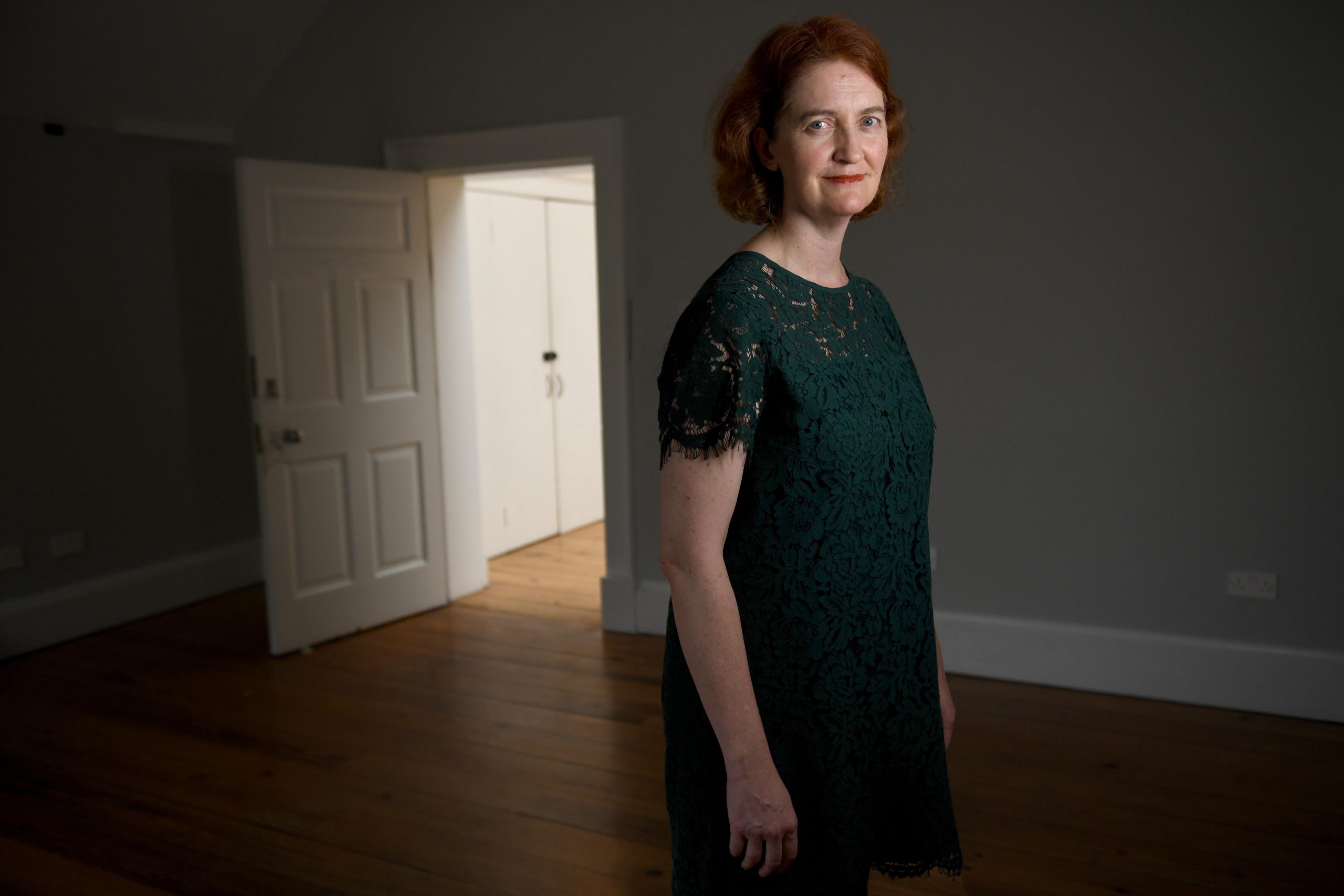One of the most striking aspects of Emma Donoghue’s career is how restless she is. She has, she tells me at one point in this week’s episode of Experience, the next five books planned in her head, but one has just jumped ahead of the others because she has moved to Paris for a year where her wife is working. So suddenly a novel about Paris is at the front of the queue. Her next book, which will be released next August, is set in York in 1805 but she doesn’t want to talk about the others in the line…
Cancel at any time. Are you already a member? Log in here.
Want to read the full story?
Unlock this article – and everything else on The Currency – with an annual membership and receive a free Samsonite Upscape suitcase, retailing at €235, delivered to your door.

